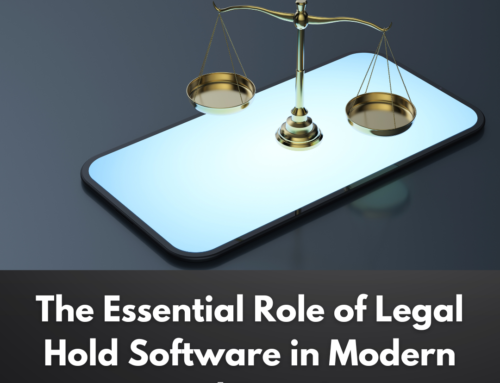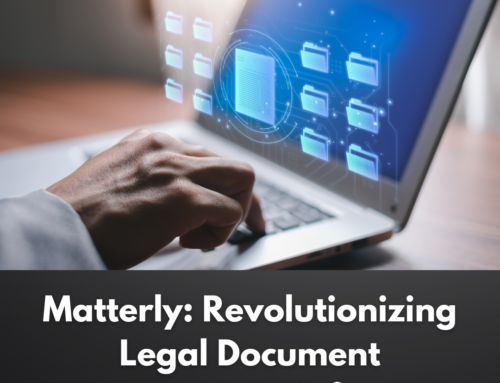The legal profession is the result of hundreds of years of history, and while that tradition contributes to the profession’s distinctiveness and reputation, it has also established a structure that is hostile to innovation and technological advancements. Which is why so many law firms ignore their obvious need for a legal software.
Lawyers who ignore the value of legal technology, on the other hand, ignore the potential benefits.
Law companies can enhance their procedures and potentially raise their profitability by using the correct legal software. Here are top three reasons why your law firm should invest in legal software to boost productivity:
Enhanced organization
A well-run legal firm is a well-coordinated system of policies, processes, and task management. On a daily basis, lawyers, regardless of firm size, are responsible for a plethora of legal and administrative obligations.
Small and solo practice lawyers may find it more difficult to meet all of these tasks, while big law often has the means and tools to do so. Because these lawyers generally operate with a small team, the organization becomes critical to the firm’s success.
Small and single law firms must design practices that make the most of limited time and resources while trying to maintain an efficient filing system, follow court deadlines, monitor cases, interact with clients, and manage the payment process. This is where having efficient legal software can help.
There are a plethora of legal technology choices available to give law firms the organizational tools they want. Software for law offices can be used for a variety of functions, including:
- Keeping track of case files
- Storage of documents
- Keep track of docketing schedules.
- Billable hours tracking
- Invoicing clients
- Accounting for law firms
Automation that is cutting-edge
The practice of law is based on recurrence. Attorneys perform the same activities on a daily basis, with the names and precise information varying depending on the case. Automation allows for more efficient handling of these duties while also saving time.
Attorneys, for instance, must frequently duplicate the same papers for their clients, such as retainer agreements, treaties, lawsuits, and client correspondence.
Legal software automation reduces the amount of time it takes to prepare documents while also reducing errors. Scheduling, calendar management, and client communications are all examples of procedures that can be automated in a law firm using efficient legal software.
Mobility and accessibility
The practice of law is being transformed by cloud-based storage, which allows authorized members to access business data without burdensome and inefficient regulations. To work on matters and access client files, lawyers no longer need to be in the office.
The cloud eliminates physical impediments to your firm’s data, allowing your attorneys greater access and mobility while simultaneously increasing security.
Cloud-based software caters to the mobility requirements of today’s legal professionals, allowing you to access data swiftly and securely when and where you need it.
Because it is more convenient for all people of your company, this accessibility translates to increased efficiency. Rather than being confined to the office, your lawyers can work from a variety of places, maximizing the use of the firm’s time and resources.






Leave A Comment